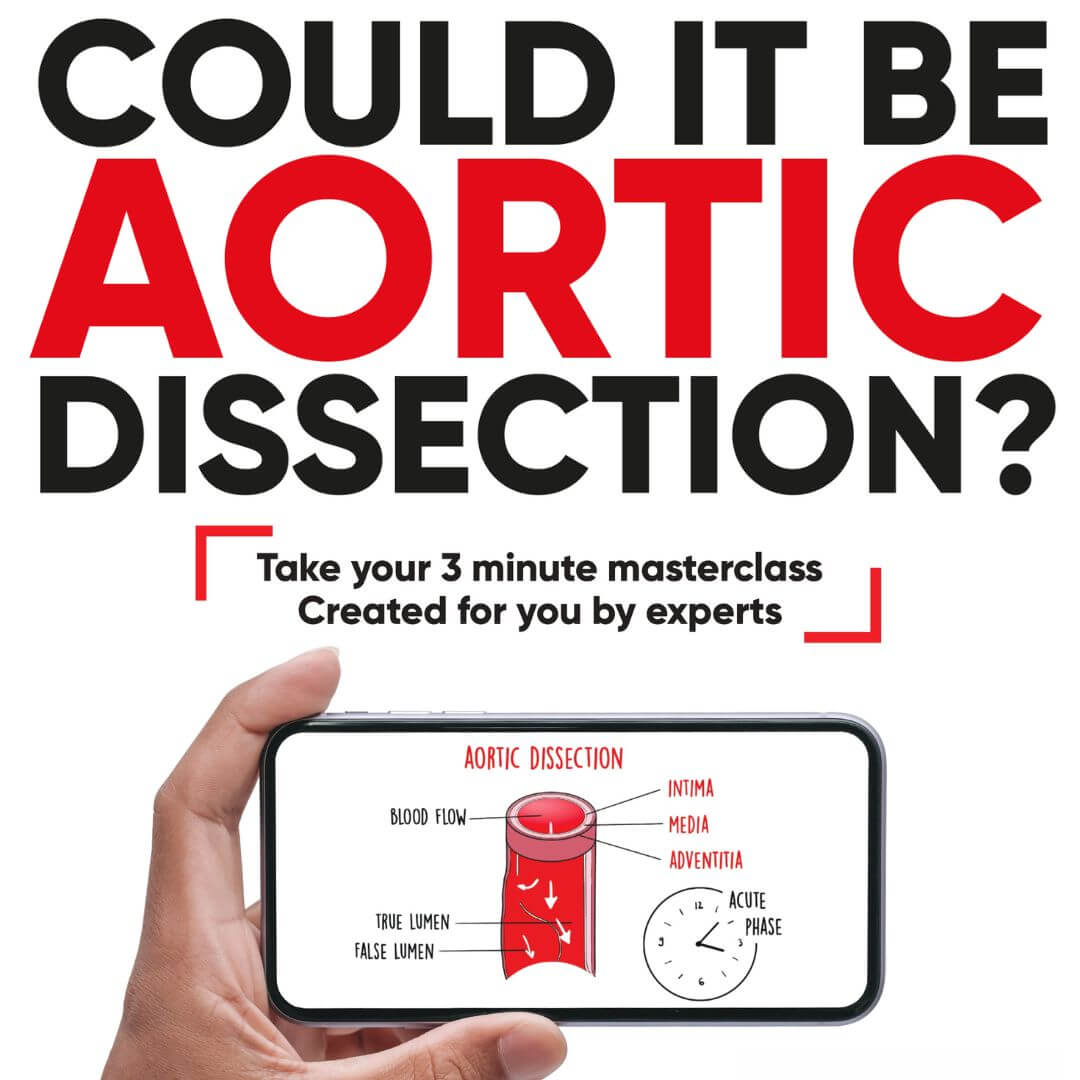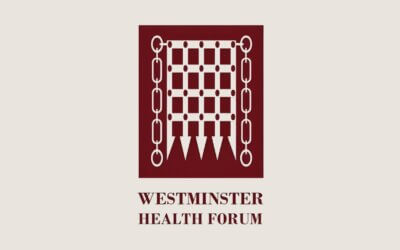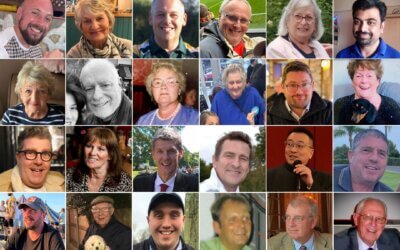Aortic dissection is not only a critical medical emergency but also a life-altering event with profound emotional consequences. Often occurring without warning, its effects extend far beyond the hospital walls, affecting the mental health and daily lives of survivors and their families. While advances in medical treatment have saved lives, the psychological aftermath is less visible and often inadequately addressed. At a recent patient meetup hosted by the charity, some of the group shared their experiences. Their reflections highlight the deep emotional toll of this condition and the healing power of connection and conversation.
Living with Generational Trauma
Emily’s experience with aortic dissection is unique in its generational depth. Her great-grandfather, mother and sister have all suffered from dissections, casting a long shadow over her life. For her, the condition is an ever-present reality that shapes how she views health, family and the future. This weight of inherited risk has left her feeling vulnerable, especially as she contemplates what it might mean for her own children.
Meeting others like her, Emily did not know what to expect. She described the uncertainty and anxiety beforehand but quickly found the experience eye-opening and validating. Meeting survivors and bereaved family members, each with their own story, yet united by shared experience, brought a sense of community that had previously been missing.
She was especially struck by how isolated many people feel after a dissection, both patients and their families. Until recently, there was little support, few resources, and virtually no coordinated effort to bring people together. The absence of recognition for the psychological trauma, which Emily described as “a ripple effect” extending through family, friends, and colleagues, left many unsure whether their feelings were valid or normal.
One of the most powerful moments for her was realising that a central, supportive community was beginning to form.
“There is a ripple effect… and what we need is connection. We need to be able to connect all of these people together so that they can look after each other and help each other and share that knowledge.”
Now deeply invested in the work of the charity, Emily sees its efforts as the start of something transformative, a way to not only raise awareness, but to build a safety net for those who, like her, have felt the weight of a silent and little-known condition.
Young, Pregnant and Facing a Life-Altering Crisis
At just 29 and eight weeks pregnant, Kat suffered a dissection with no prior warning. Healthy, active and at the beginning of a life-changing new chapter, her diagnosis was a sudden rupture in every sense. It defied everything she had understood about risk and health. Her story highlights the indiscriminate nature of the condition and the unexpected vulnerability it imposes.
Despite the trauma, Kat recognises that she was fortunate in one crucial respect – access to psychological care. She has had opportunities to see a clinical psychologist, not regularly, but with the assurance that help is available whenever she needs it. This safety net, she believes, has made an immeasurable difference in her ability to recover emotionally. In contrast, many others she spoke to had no such support. They were treated medically and then, as she put it, “set free back into the wild,” expected to return to normal life without guidance or follow-up.
The lack of psychological aftercare is a critical gap. The charity is helping to bridge this by funding dedicated aortic nurses to provide ongoing support. For Kat, simply knowing that psychological difficulties are expected and that one is not “failing” by struggling was a key part of healing. She found the solidarity of shared experiences deeply supportive, even when circumstances differed widely.
Reflecting on the importance of both professional support and peer connection, Kat expressed a hope that future care pathways will include structured opportunities for survivors to talk, connect, and heal together.
“Your experiences, although they’re yours and yours alone, are shared by other people… and that helps you find your feet again.”
Kat’s story illustrates the critical importance of integrating psychological support into the standard care for aortic dissection patients, and of building spaces where shared stories can bring comfort and clarity.
From Silence to Solidarity
For Wendy, the patient meetup marked a turning point. Despite surviving a dissection herself, she had never before met another person with the same condition. She had spoken to friends and her church community, but none could truly understand what she had gone through. There was no support group, no specialised counselling, and no shared understanding, just a quiet endurance.
Since finding the charity, she discovered a community of people who not only knew what aortic dissection was but had lived through its terror and uncertainty. The immediate bond she felt with other patients was unlike anything she had experienced before. They shared knowledge, offered comfort, and validated each other’s experiences in a way that formal healthcare settings often can’t.
The emotional impact was immense. Wendy found herself talking about things she had never said aloud. She, like others, discovered that the absence of aftercare had left a significant void and that simply having a space to speak was profoundly healing.
Looking back on her experience, Wendy expressed admiration for the rapid progress the charity had made. The idea that a small group of people, many grieving or recovering themselves, had built a charity capable of meaningful advocacy and support filled her with hope.
“For those people to have been able to get themselves together and produce a charity like this, I just think it’s absolutely amazing.”
Wendy’s story is a powerful reminder of what so many survivors endure in silence, and what becomes possible when that silence is broken.
Finding Support After Aortic Dissection
The emotional impact of an aortic dissection can be just as significant as the physical trauma. Feelings of anxiety, depression, fear, or even post-traumatic stress are not uncommon. If you find yourself struggling emotionally, it’s important to know that support is available.
- Maintaining connection with others can play a vital role in your healing process. Talking to friends or family members, even if briefly, helps break the cycle of isolation. Sometimes, hearing about the day-to-day lives of loved ones can offer a comforting sense of normality and a welcome distraction from the stress of recovery. If you prefer to connect with those who understand your specific experience, consider joining a support group within the aortic dissection community or enrolling in a cardiac rehabilitation programme. Both can offer a safe space to share, listen, and gain strength from others on a similar path.
- Your GP should be your first point of contact if emotional distress is affecting your quality of life. They can assess your mental health needs and, if appropriate, refer you to a mental health professional or develop a tailored mental health care plan. GPs can also prescribe medication if symptoms of depression or anxiety become overwhelming.
- For more in-depth support, trained psychologists and therapists can provide targeted therapy to help manage the emotional challenges that often follow major health events. These professionals can guide you through understanding your emotional responses and help you develop strategies for coping.
- To support those affected, the charity offers a series of resources that explore the emotional impact of aortic dissection. These include interviews with survivors and family members, sharing honest reflections on how the condition has changed their lives. Listening to others who have walked this path can bring comfort, offer insights, and remind you that you are not alone.
Seeking psychological help is not a sign of weakness but a strong and necessary step towards reclaiming your emotional wellbeing. If you’re facing difficulties, reach out. Support is here for you.
Stories from Survivors and Families
The voices of Emily, Kat and Wendy offer a compelling portrait of the emotional landscape following aortic dissection. Their experiences underscore the urgent need for greater awareness, structured psychological support and a sense of community. The work of the Aortic Dissection Charitable Trust is helping to fill these gaps, but much more remains to be done.
These stories also highlight a universal truth: after a life-changing event, people do not only need medical treatment, they need to be heard, understood, and connected. As many of the participants echoed during the event, “It’s good to talk.” In the case of aortic dissection, it may also be essential for healing.




